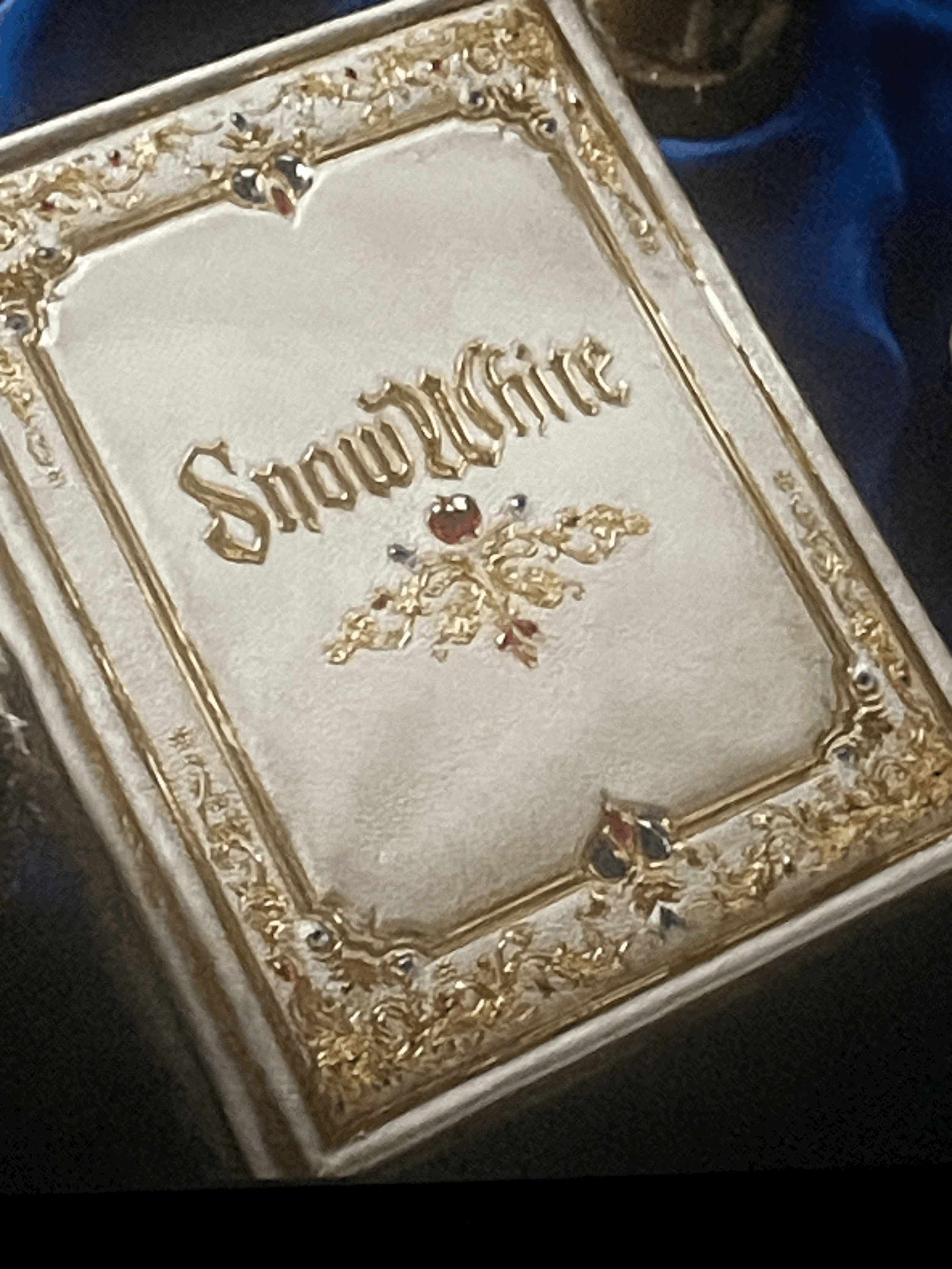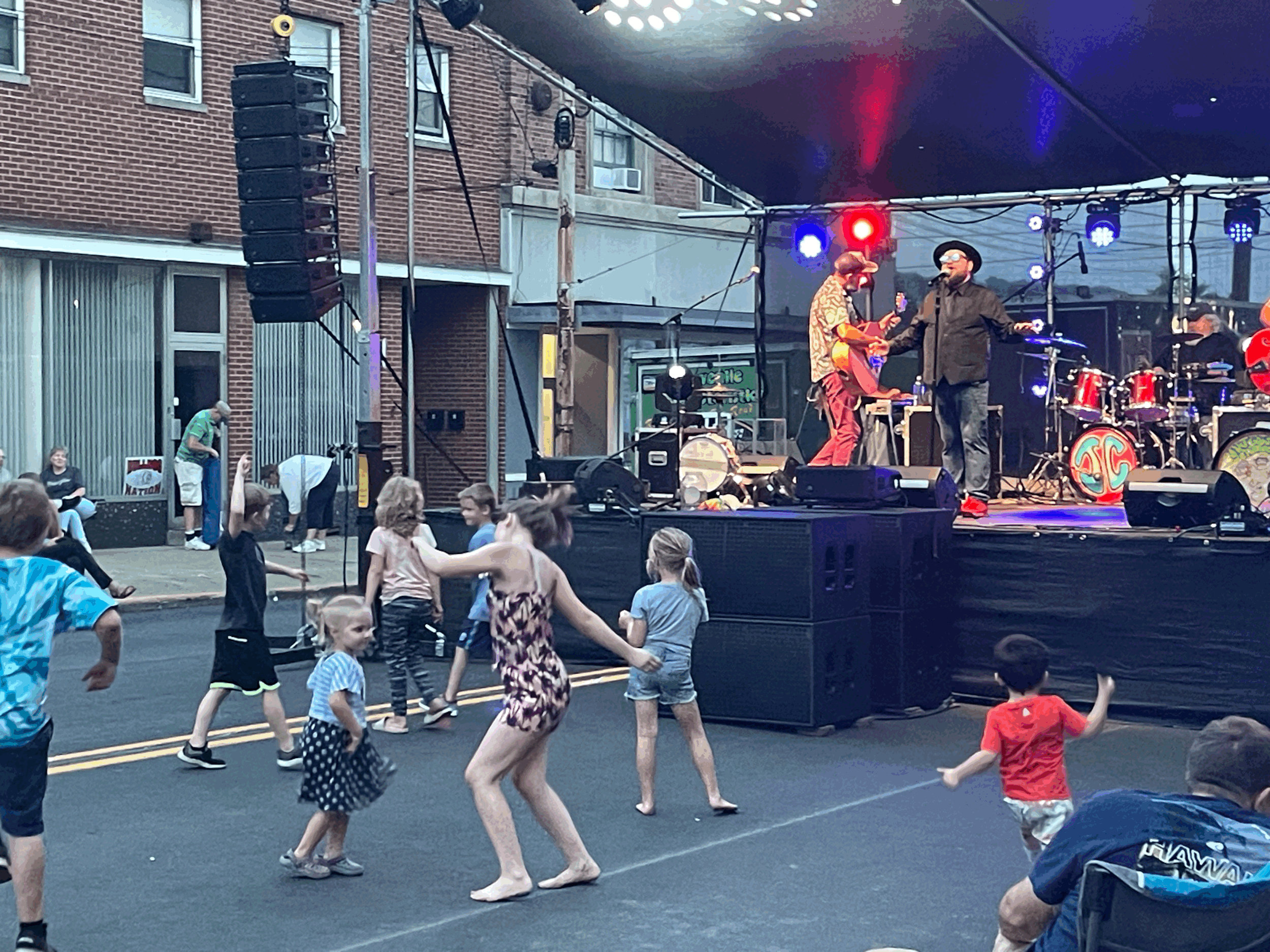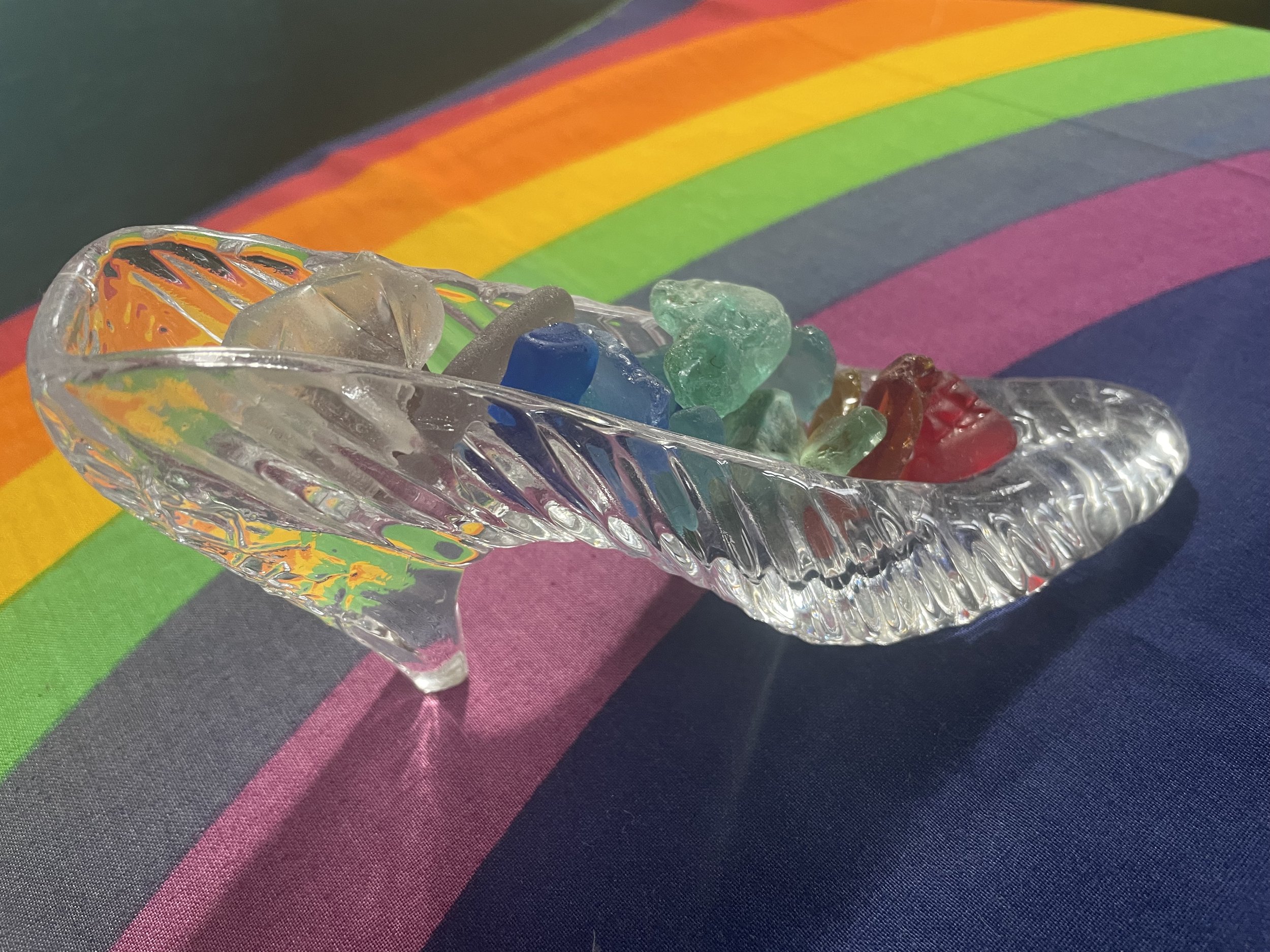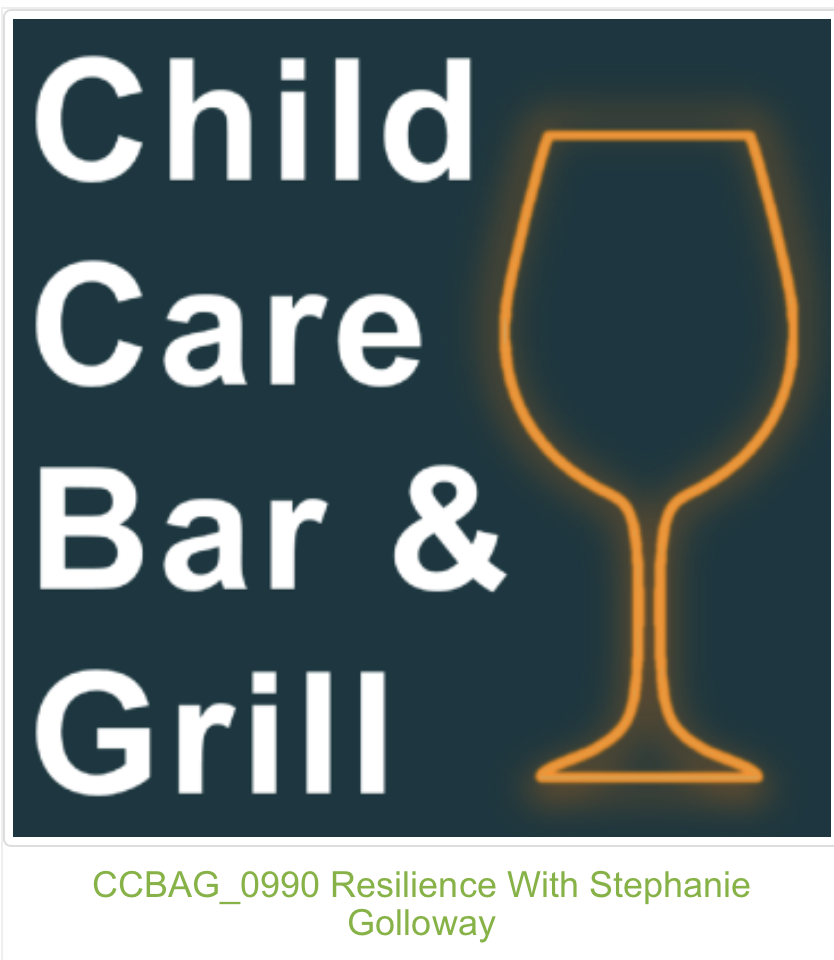
Ordinary Magic of Resilience
What is resilience and what’s the big deal?
In a nutshell: resilience is that ability to bounce back and keep on keepin’ on when bad things happen to us.
These “bad things” can be huge, like the death of a loved one, or domestic violence, or having your house swept away in a tornado. But they can also be less dramatic: like having a fight with your best friend, or losing your car keys, or getting called out at a staff meeting.
We all respond to the inevitable stressors of our lives, and our resilience, or ability to bounce back from those stressors, is based in how we pick up the pieces, whether they are big or small, and move forward.
Resilience is not a trait that some people have, and other people don’t.
We’re all born with the capacity to develop resilience, and everyone has it, to some degree. But like so much of human development, our resilience depends a lot on our experiences in early childhood, as well as the kinds of stressors we encounter.
Curated materials from the Resource Hub
The curated resources on this page will guide you on your learning quest!
From the Blog
What is Resilience?
Harvard’s Center on the Developing Child has many excellent resources on resilience. This video introduces the topic in a few minutes.
The Science of Resilience
The 2nd video from Harvard’s Center on the Developing Child uses the metaphor of a see saw to explain factors contributing to resilience. It also introduces some of the science behind the concept.
How Resilience is Built
The third video in the series focuses on the role of relationships in building resilience: caregivers, teachers, and the community as a whole.
Inside Resilient Children
Dr. Ann Masten is one of the foremost researchers on resilience, and coined the term “ordinary magic.” In this accessible TED-type talk, she shares stories of resilient children, and explains the science behind them.
Harry Potter and the Ordinary Magic of Resilience
A wonderful look at resilience using Harry Potter characters to examine how risk factors and problem behaviors are impacted by protective factors like relationships. Dr. Langworthy frames solid science with fun and engaging storytelling. Her Resilience Toolkit may be a resource of interest, too.
Building Resilience in Children
Rachel Wagner shares thoughtful and practical insights on nurturing resilience. Her work with Deverveux’s Center for Resilient Children is nationally known and focuses on strength-based approaches to challenging behaviors AND caregiver resilience.
Be sure to also check out the many terrific videos on resilience on the Center for Resilient Children’s YouTube page
Podcast on the Ordinary Magic of Resilience
Author, early educator, and podcaster Jeff A. Johnson chats with Stephanie Goloway about resilience, protective factors, play and how it all ties together in this episode of his “humorous, informative and slightly irreverent podcast for child care providers and other early learning professionals.”
